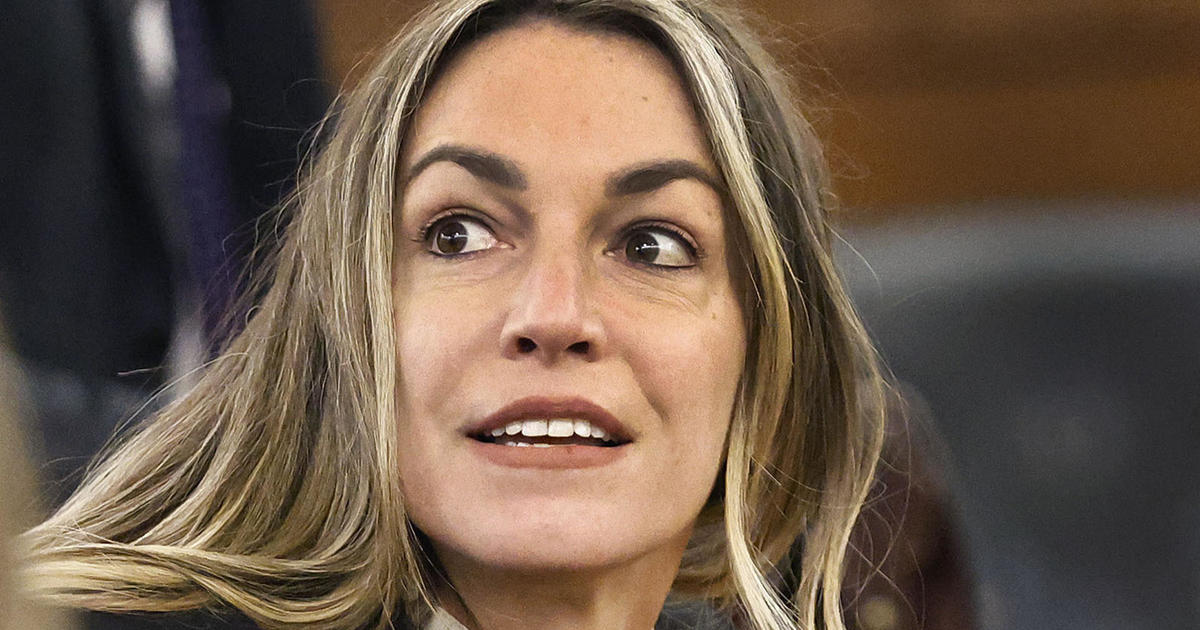The Debt Ceiling: What Does It Mean?
BOSTON (CBS) – The debt ceiling.
We hear about it every day, but do you know what it is and how it affects you?
Read: Mathieu: What Happens At Deadline?
The debt ceiling is set by Congress. It's the maximum amount of money the federal government can legally borrow to pay for things like Social Security and Medicare, interest on our national debt and tax refunds.
On Thursday, October 17 we'll reach the debt ceiling. It's $16.69 trillion.
The U.S. Treasury actually hit that limit in May, but the treasury has been using "extraordinary measures" since then to avoid default. The treasury secretary has said those extraordinary measures will be exhausted October 17.
If the ceiling isn't raised, the U.S. government will not be able to pay its bills and operate as it needs to. According to CBS News, the United States would have to use cash on hand to fund some $4 trillion in government operations.
That would put obligations like Social Security and Medicare at risk.
The United States has never defaulted on its obligations.
If we default on our loans, the country's credit rating will be damaged in the global markets.
A report by the Treasury Department indicates the effects would be catastrophic.
Credit markets could freeze.
The value of the dollar could plummet.
Interest rates could skyrocket.
There might be a "financial crisis and recession that could echo events of 2008 or worse," according to the report.
MORE LOCAL NEWS FROM CBS BOSTON



